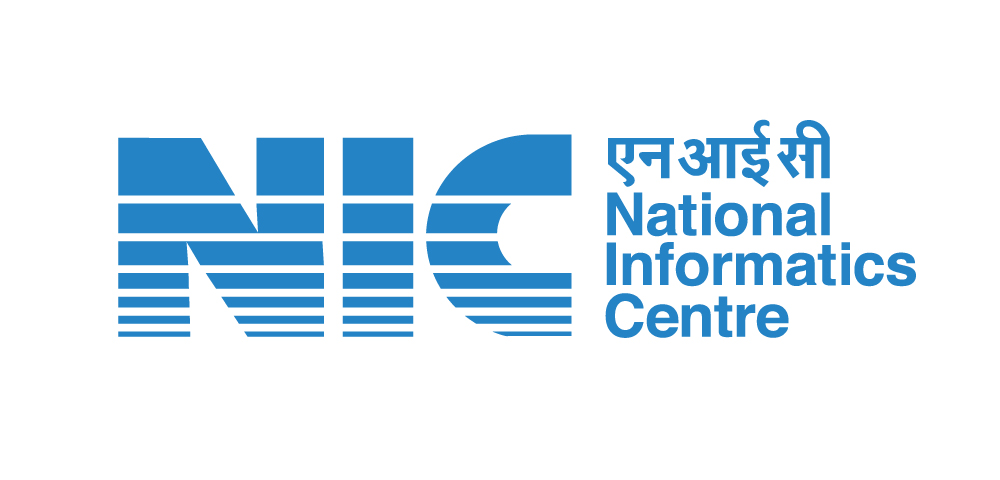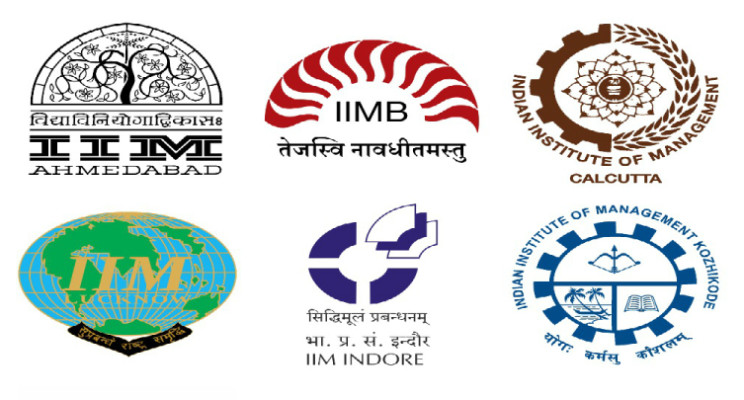Data science is revolutionizing various sectors, including the government. As public institutions increasingly rely on data-driven decisions, the demand for skilled data scientists in the government sector has surged. In India, numerous high-paying government positions are available for professionals with expertise in data science. This article explores the top high-paying government jobs in data science, providing insights into roles, responsibilities, salaries, and application processes.
Top High-Paying Government Jobs in Data Science
1. Indian Statistical Service (ISS)
- Role and Responsibilities: The Indian Statistical Service (ISS) plays a pivotal role in the statistical analysis and data collection for government projects. ISS officers are responsible for designing surveys, analyzing data, and generating insights to support informed policy-making. Their work impacts various sectors, including health, education, and agriculture.
- Salary Range: ISS officers enjoy a competitive salary range. Entry-level positions start with a pay scale of approximately ₹56,100 to ₹1,77,500 per month, depending on the officer’s rank and experience. Additional benefits include housing allowances, medical facilities, and pension plans.
- Requirements: To join the ISS, candidates typically need a master’s degree in statistics or a related field. The selection process includes the Indian Statistical Service Examination conducted by the Union Public Service Commission (UPSC), followed by an interview.
2. National Informatics Centre (NIC)

- Role and Responsibilities: The National Informatics Centre (NIC) provides IT services and solutions to various government departments. Data science roles at NIC involve developing and managing data systems, analyzing data trends, and implementing data-driven solutions to improve public services.
- Salary Range: NIC data scientists can expect a salary between ₹50,000 and ₹1,20,000 per month. The exact figure depends on the job level and experience. NIC employees also benefit from allowances, health insurance, and other perks.
- Requirements: NIC typically requires candidates to have a degree in computer science, IT, or data science. Relevant experience and skills in data analysis, machine learning, and programming languages such as Python or R are essential. The recruitment process typically includes a written examination followed by an interview.
3. Reserve Bank of India (RBI)
- Role and Responsibilities: The Reserve Bank of India (RBI) employs data scientists to manage and analyze financial data, develop economic models, and support regulatory functions. These roles are critical in ensuring financial stability and guiding monetary policy.
- Salary Range: Data scientists at RBI can earn between ₹60,000 and ₹1,50,000 per month. Salaries are complemented by additional benefits such as allowances, medical facilities, and pension schemes.
- Requirements: Candidates for RBI’s data science positions generally need a master’s degree in data science, economics, or a related field. Strong analytical skills, proficiency in statistical tools, and experience in data modeling are crucial. Selection involves a rigorous process including exams and interviews.
4. Indian Institutes of Technology (IITs) and Indian Institutes of Management (IIMs)

- Role and Responsibilities: IITs and IIMs often have research-focused data science roles that contribute to academic and applied research. These positions involve analyzing large datasets, developing predictive models, and contributing to groundbreaking research.
- Salary Range: Salaries at IITs and IIMs for data science roles range from ₹70,000 to ₹1,80,000 per month. In addition to competitive salaries, these institutions offer research grants, academic benefits, and opportunities for international collaboration.
- Requirements: Candidates generally require a Ph.D. or a master’s degree in data science, computer science, or a related discipline. Experience in research, data analysis, and academic publications is highly valued. The recruitment process usually includes academic assessments and interviews.
5. Department of Science and Technology (DST)
- Role and Responsibilities: The Department of Science and Technology (DST) supports scientific research and technological development. Data scientists in DST are involved in analyzing research data, developing technology solutions, and supporting innovation initiatives.
- Salary Range: Data scientists at DST can expect to earn between ₹50,000 and ₹1,20,000 per month, depending on experience and role. The compensation package also includes benefits such as allowances and medical insurance.
- Requirements: A master’s degree in data science, statistics, or a related field is typically required. Relevant experience in research and data analysis is essential. The selection process involves examinations and interviews.
6. National Bank for Agriculture and Rural Development (NABARD)

- Role and Responsibilities: NABARD employs data scientists to analyze agricultural and rural development data. These roles involve evaluating rural development programs, assessing financial inclusion initiatives, and providing insights to enhance agricultural policies.
- Salary Range: Data scientists at NABARD earn between ₹60,000 and ₹1,30,000 per month. The salary package is supplemented by benefits such as housing allowances, medical facilities, and pension plans.
- Requirements: Candidates usually need a master’s degree in data science, agricultural economics, or a related field. Experience in data analysis and familiarity with agricultural and rural development issues are important. The selection process involves both written examinations and personal interviews.
7. Public Sector Enterprises (PSEs)
- Role and Responsibilities: Public Sector Enterprises (PSEs) like ONGC, BHEL, and SAIL offer data science roles that focus on improving operational efficiency and decision-making processes. Data scientists in these roles analyze production data, optimize processes, and support strategic planning.
- Salary Range: Salaries for data scientists in PSEs range from ₹70,000 to ₹1,50,000 per month. PSE employees also receive various allowances, health benefits, and pension schemes.
- Requirements: A master’s degree in data science, engineering, or a related field is typically required. Candidates should have strong analytical skills and experience in data management and analysis. The recruitment process often involves written tests and interviews.
Qualifications and Skills Required
- Educational Background: Most high-paying government data science positions require a master’s degree in data science, computer science, statistics, or a related field. Advanced degrees (Ph.D.) can be an advantage for research-focused roles.
- Technical Skills: Proficiency in programming languages such as Python and R is crucial. Data scientists should also be skilled in using data analysis tools (e.g., Tableau, SAS) and methodologies such as machine learning and data mining.
- Soft Skills: Strong analytical thinking, problem-solving abilities, and effective communication skills are essential. Data scientists must be able to interpret complex data and present findings in a clear, actionable manner.
- Certifications: Relevant certifications like Certified Analytics Professional (CAP), SAS, and others can enhance a candidate’s profile and improve job prospects.
Application Process
- Job Portals and Websites: Government job portals such as UPSC, NIC, and RBI are key resources for finding data science job listings. State government websites and employment portals also provide job opportunities.
- Application Tips: Tailoring your resume and cover letter to highlight relevant skills and experience is crucial. Emphasize your technical expertise, problem-solving abilities, and any experience in government or public sector roles.
- Selection Process: The selection process for government data science jobs typically involves a written test, an interview, and sometimes a practical assessment. It’s important to prepare thoroughly for each stage of the process.
Career Growth and Development
- Advancement Opportunities: High-paying government data science roles offer various career advancement opportunities. Professionals can move into higher-level positions, lead projects, or take on roles with greater responsibilities.
- Training and Development: Government roles often provide opportunities for further education and professional development. Participating in training programs, attending conferences, and pursuing additional certifications can enhance career prospects.
Conclusion
Data science offers lucrative career opportunities within the Indian government sector. Roles in institutions like the ISS, NIC, RBI, and other key agencies provide competitive salaries, meaningful work, and significant career growth potential. Aspiring data scientists should explore these opportunities, prepare thoroughly for the application process, and pursue continuous professional development to succeed in this dynamic field.
Additional Resources
- Links to Job Portals: Explore job listings on official websites such as [UPSC](https://www.upsc.gov.in), [NIC](https://www.nic.in), and [RBI](https://www.rbi.org.in) for current vacancies in data science.
- Networking Opportunities: Joining professional organizations such as the Data Science Society and attending relevant conferences can provide networking opportunities and keep you updated on industry trends and AI tools.
By understanding the roles, requirements, and opportunities in high-paying government data science jobs, professionals can strategically position themselves for successful careers in the public sector.

